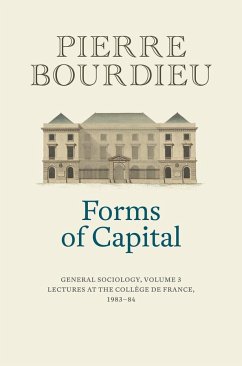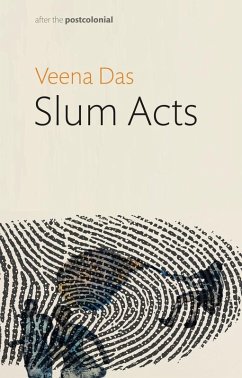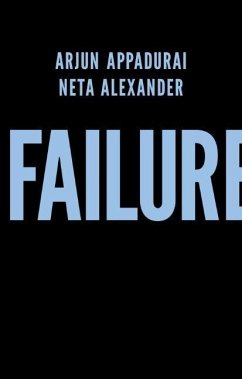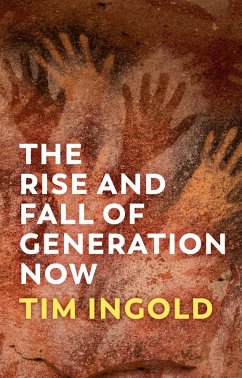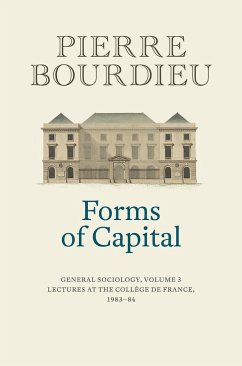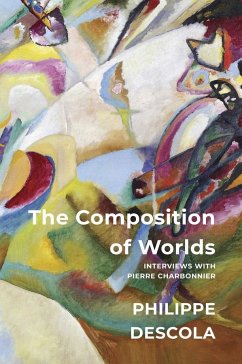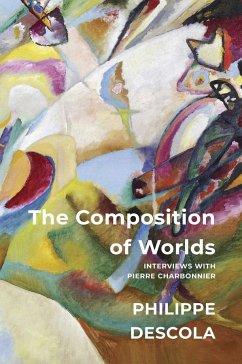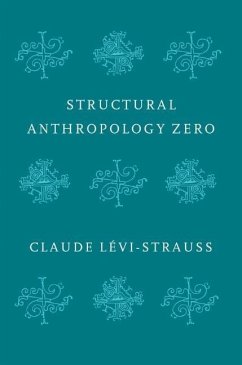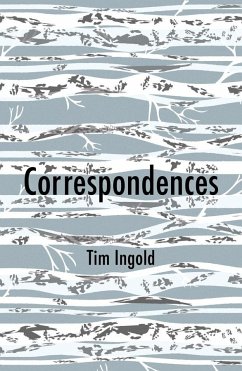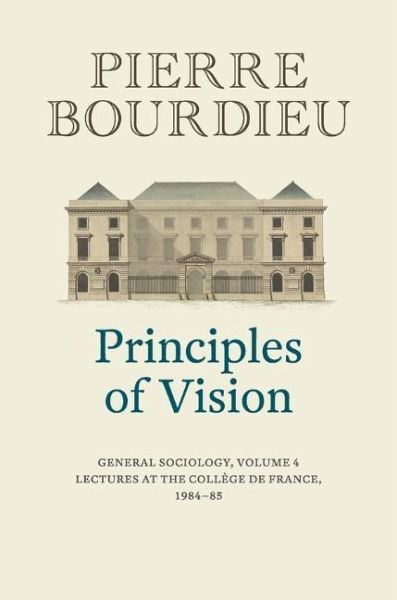
Principles of Vision
General Sociology, Volume 4
Übersetzung: Collier, Peter
Versandkostenfrei!
Versandfertig in 2-4 Wochen
43,99 €
inkl. MwSt.

PAYBACK Punkte
22 °P sammeln!
This is the fourth of five volumes based on the lectures given by Pierre Bourdieu at the Collège de France in the early 1980s under the title 'General Sociology'. In these lectures, Bourdieu sets out to define and defend sociology as an intellectual discipline, and in doing so he introduces and clarifies all the key concepts which have come to define his distinctive intellectual approach.Having elaborated the concepts of habitus and field in previous volumes, Bourdieu now undertakes an analysis of the relations between them, showing that social fields are objects of perception and knowledge f...
This is the fourth of five volumes based on the lectures given by Pierre Bourdieu at the Collège de France in the early 1980s under the title 'General Sociology'. In these lectures, Bourdieu sets out to define and defend sociology as an intellectual discipline, and in doing so he introduces and clarifies all the key concepts which have come to define his distinctive intellectual approach.
Having elaborated the concepts of habitus and field in previous volumes, Bourdieu now undertakes an analysis of the relations between them, showing that social fields are objects of perception and knowledge for the agents engaged in them. The field of forces is the source of different visions of the social world, visions that are linked to agents' positions via the specific interests that motivate them and the habitus that is, at least partly, the product of the determining factors associated with their position. This relation between the world perceived and our cognitive structures explains why the social world commonly appears as self-evident. Visions of the social world are necessarily different and often antagonistic, and the field of forces is at once the source and the goal of struggles over its present and future being: the struggle for the legitimate principle of vision and division helps to transform or conserve the field of forces that underlies the agents' standpoints.
An ideal introduction to some of Bourdieu's most important ideas, this volume will be of great interest to students and scholars who study and use Bourdieu's work across the social sciences and humanities, and to general readers who want to know more about the work of one of the most important sociologists and social thinkers of the 20th century.
Having elaborated the concepts of habitus and field in previous volumes, Bourdieu now undertakes an analysis of the relations between them, showing that social fields are objects of perception and knowledge for the agents engaged in them. The field of forces is the source of different visions of the social world, visions that are linked to agents' positions via the specific interests that motivate them and the habitus that is, at least partly, the product of the determining factors associated with their position. This relation between the world perceived and our cognitive structures explains why the social world commonly appears as self-evident. Visions of the social world are necessarily different and often antagonistic, and the field of forces is at once the source and the goal of struggles over its present and future being: the struggle for the legitimate principle of vision and division helps to transform or conserve the field of forces that underlies the agents' standpoints.
An ideal introduction to some of Bourdieu's most important ideas, this volume will be of great interest to students and scholars who study and use Bourdieu's work across the social sciences and humanities, and to general readers who want to know more about the work of one of the most important sociologists and social thinkers of the 20th century.



